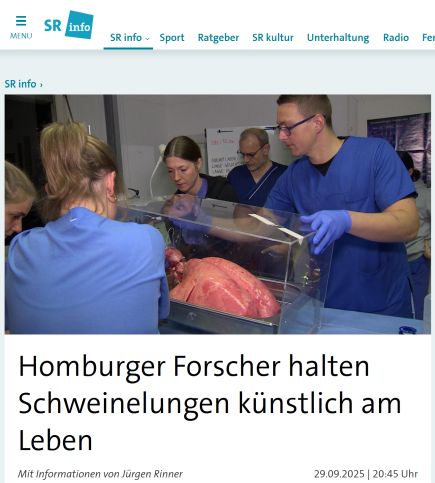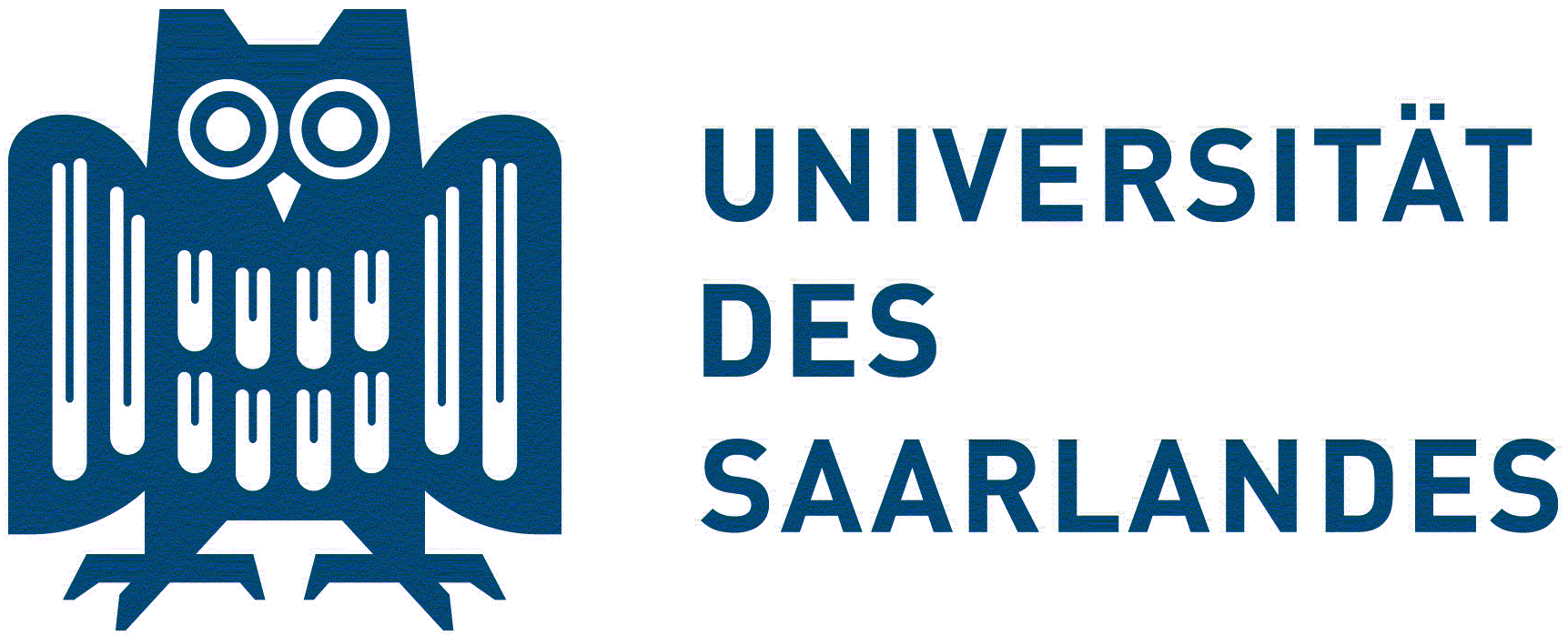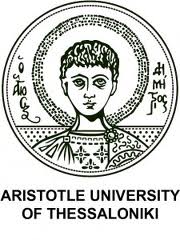International training course:
Low-cost Environmental Monitoring
– from sensor principles to novel services
organized by Saarland University, Aarhus University and Aristotle University Thessaloniki in cooperation with BAM and Eurice GmbH.
April 9 - 10, 2019, Berlin
Bundesanstalt für Materialforschung und -prüfung (BAM)
Branch Adlershof
Building 8.05, Richard-Willstätter-Straße 11, 12489 Berlin
Download the flyer for more information and the complete program (printer friendly version),
For all details including online registration please go to netmon.eurice.de
Purpose and background
Environmental monitoring today is based on fixed measurement stations containing sophisticated analytical equipment to achieve a high data quality. However, due to the high cost for investment and maintenance only a limited number of pollutants (typ. CO, NOx, SO2, ozone, PM10, PM2.5, BTX, tVOC) are monitored at very few locations. Furthermore, not only is the spatial resolution limited but temporal resolution is coarse, with measurements typically providing hourly values at best. Thus, the fundamental information available on air quality (AQ) today does not meet the demands of many citizens or the requirements of advanced environmental information (EI) services and city infrastructure management. The current status does not reflect the increasing needs for well monitored ‘smart cities’, requiring e.g. real-time traffic management, identification of clean ‘green’ areas and routes in cities, specific information for children, elderly or citizens affected by certain pollutants or allergens, temporal air quality profiles for optimisation of ventilation strategies for improved indoor air quality, and, last but not least, for educating citizens about their local environment and the impact of their everyday life habits to their quality of life.
Novel low-cost sensor technologies are poised to support a paradigm shift by allowing ubiquitous ambient pollution monitoring with high spatiotemporal resolution available at every person´s fingertips – either through environmental information websites backed by stationary and mobile sensor networks or quite literally with sensor technology being integrated into mobile devices and supported by Internet of Things (IoT) technologies. The availability of such sensor data cultivates a fertile environment for the development of novel information services addressing personalised citizen needs as well as city planning and management and environmental decision making requirements. The seminar will provide an overview over the state-of-the-art in environmental monitoring today and over sensor and modelling technologies for low-cost ubiquitous monitoring as well as indicate novel EI service characteristics and future markets based on these technologies.
Seminar benefits
Participants will learn about the main aspects of air pollution, its effects and associated costs as well as the current status of environmental monitoring technologies with their pros and cons.
Then, an overview over modern low-cost sensor principles, operating modes and data evaluation strategies as well as characterization and calibration is given with clear indications on advantages and limitations compared to existing monitoring stations. Examples will be given for various benchmark applications covering different fixed and mobile, especially drone-based, sensor solutions for pollution and odour monitoring.
Finally, participants will learn how these sensor solutions can be utilized to develop novel environmental services for municipalities, companies and citizens. The potential for citizen science solutions will be discussed as well as service design principles and market penetration potentials.
Who should attend?
The seminar addresses a wide range of participants from industry and municipalities, e.g., sensor companies providing solutions for environmental monitoring, developers and operators of existing monitoring stations to learn about new sensor technologies, network providers and app developers offering new applications and advanced services, municipality representatives interested in green city solutions as well as citizen initiatives aiming at improved air quality information. The seminar also provides contacts for future R&D collaborations in this field.
A step further?
Participate in the Workshop: Setting standards for low cost Air Quality sensors
Thursday, April 11, 2019 - @ BAM in Berlin
further information: www.lmt.uni-saarland.de/setting-standards.
Download 1st announcement
Scientific instructors
|
Environmental monitoring:
|
Smart sensor systems:
|
Data modelling & services:
|
Download flyer (printer friendly version)
Organized in cooperation with
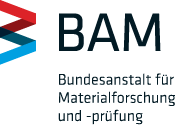 |
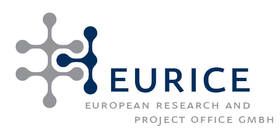 |



